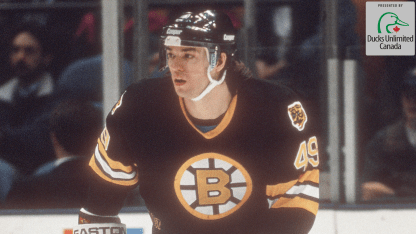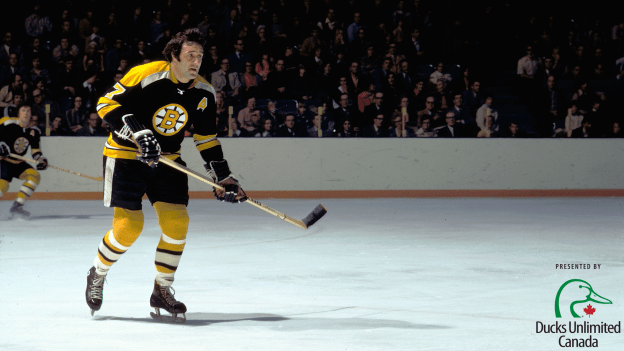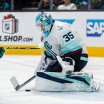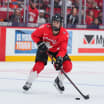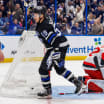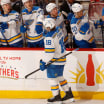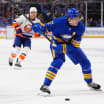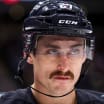The NHL and conservation non-profit Ducks Unlimited Canada are teaming up to tell stories of current and former NHL players and how access to community ponds and the outdoors helped shape their love for the sport. Today, in the second entry of this series, the journey of Joe Juneau, defined by both hockey and the call of the wild:
Joe Juneau's two passions, hockey and the great outdoors, have always held a special place in his life, and the two have been closely linked before, during, and after his career in the NHL.
It was in the great outdoors, on a small sheet of ice that his father had built behind their home in Pont-Rouge, a small village about 40 minutes outside of Quebec City, where the former NHL forward fell in love with hockey. As far back as he can remember, Juneau had skates on his feet and a hockey stick in his hands.
"My mother told me that at a year old, I was already on skates,” he claimed in an interview with NHL.com/fr.
"There was no community rink in Pont-Rouge when I was young, but I had plenty of friends in town who had a rink at their house. On top of playing youth hockey in the arenas, this gave us more playing time."
Whether it was during the bitter cold of a Quebec winter or during the dog days of summer, hockey always took center stage in Juneau's life.
"We had a stick in our hands every day," recalled Juneau, 56. "It's truly what we loved doing. If we weren't at the arena or on a rink, we were out in the street. Playing street hockey was a regular thing for us. We'd get off the school bus, spread the word around the neighborhood, and at such and such a time, a game would start."
Those pick-up games amongst friends in the open air were the beginning of a journey in which Juneau played over 800 games in his NHL career with the Boston Bruins, Washington Capitals, Buffalo Sabres, Ottawa Senators, Phoenix Coyotes and Montreal Canadiens. Juneau also won the silver medal with Canada at the 1992 Winter Olympics in Albertville, France.
Fairly quickly in his childhood, he realized he had above-average talent compared to the kids in his age group, and thus the dream of playing professional hockey didn't seem all that far-fetched. After a successful college career at Rensselaer Polytechnic Institute, Juneau immediately burst onto the scene in the NHL.
He remains one of seven players in League history to score over 100 points in his rookie season (102 in 1992-93 with the Bruins). Juneau finished his NHL career with 572 points (156 goals, 416 assists) in 828 games.
But despite his on-ice success and the fast-paced lifestyle of a NHL player, Juneau always felt the need to return to his roots in Pont-Rouge. Not only because of his connections to the region, but also because nature and the wilderness allowed him to recharge his batteries.
"It's really a need for me to be out in nature, whether it's at my cottage or somewhere else," explained Juneau, who owns a second home north of Saint-Raymond-de-Portneuf, not far from Pont-Rouge. "Going on a hunting or fishing trip, going camping or on a hike, I need those things. That's how it's always been for me.
"During my hockey career, I'd come back and spend the summers here, just because I'd have access to nature and the countryside. That's how I was raised."
